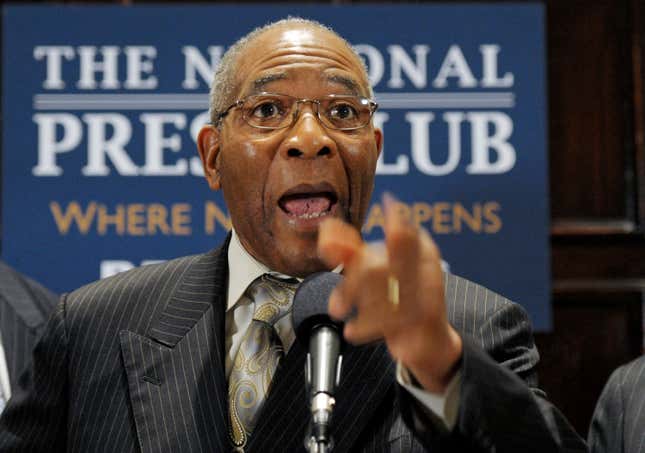
The California task force on reparations will meet in person in San Francisco for the first time in more than a year since the panel was created, and just weeks after the group voted to limit compensation to descendants of free and enslaved Black people who were in the United States during the 19th century, according to the Associated Press.
The proposal to include all people in the country regardless of ancestry was rejected.
The meeting in the Bay is part of a two-day event that will be held at Third Baptist Church in the Fillmore district, which is an area that was once filled with African American nightclubs and shops until the government decided on redevelopment. The pastor, Rev. Amos Brown, is also the task force vice chair and president of the San Francisco chapter of the NAACP, according to the Associated Press.
In 2020, California Gov. Gavin Newsom signed legislation creating the California Reparations Task Force. It was the first task force of its kind in the United States to move forward with a plan to study the institutions of slavery and share with the public what they find.
Last month, the task force was split on whether to limit reparations to people who can prove they are descendants of free or enslaved Black people in the United States or open it up to all Black people because “lineage-based” reparations shut out other Black people that have had to face the negative consequences of systemic racism.
From the Associated Press:
Since its inaugural meeting in June, the nine-member panel has dedicated much of its time to hearing from experts in weighty areas such as housing and homelessness, racism in banking and discrimination in technology.
Wednesday’s agenda includes testimony from experts in education, while on Thursday, the committee is scheduled to discuss a report to be made public in June that shows how the institution of slavery continues to reverberate throughout California, including in the form of disparities in household income, health, employment and incarceration.
A plan on how the reparations will be given to citizens is due to the California legislature in 2023.

